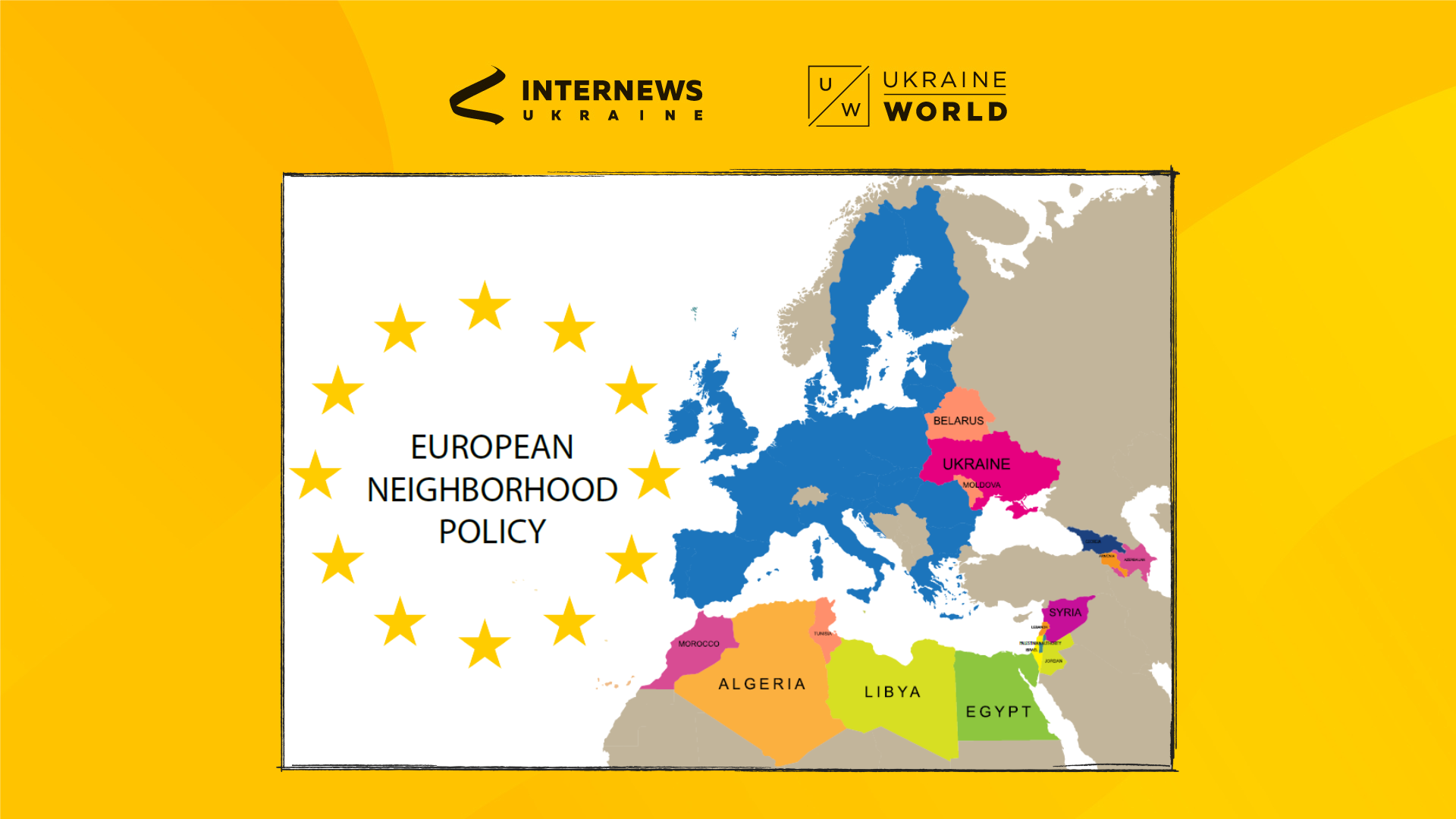
UkraineWorld asked Laure Delcour, an Associate Professor of International Relations and EU Studies at University Sorbonne Nouvelle. Key points in our brief, #UkraineWorldAnalysis:
Russia's full-scale invasion of Ukraine has had a colossal influence on Eastern Partnership countries, considering their now increased security vulnerability.
As a result of Russia's aggression, a country like Moldova now faces two challenges: the risk of increased domestic polarisation (stemming from longstanding divisions in public opinion regarding the country’s foreign policy orientation) and the looming threat of a revived conflict in Transnistria.
Russia's aggression has profoundly disrupted the established foundations that have guided the European Union's interactions with bordering nations over the last two decades.
This is because the EU’s vision of its periphery was based upon a dichotomy between future EU members, on the one hand.
On the other hand, countries with no membership prospects in the short to medium term, which were included in the ENP.
This vision, however, was abruptly shattered by Ukraine’s, Moldova's and Georgia's applications, which only rendered the dichotomy meaningless.
The ENP was launched in 2004 and evolved significantly before Russia's full-scale invasion.
The first turning point came with the negotiations for an enhanced contractual framework (the association agreements and the deep and comprehensive free-trade zones) and visa liberalisation, which were encapsulated in the Eastern Partnership, launched in 2009.
For Ukraine, Russia's 2014 aggression also marked an important milestone, as it accelerated its domestic change, now striving to align with that of the EU’s as part of the association agreement that was signed just a few months after the annexation of Crimea.
The most significant of all changes, however, came in the wake of Russia's full-scale invasion, when the European Council granted candidate status to Ukraine and Moldova.
For the first time, ENP countries were recognised as candidate countries, even though the ENP was designed from the start to be distinct from enlargement.
However, the ENP and the Eastern Partnership remain in effect for the time being, albeit as vehicles for regional cooperation and connectivity.
It is, indeed, important to remember that the EU struggled to develop a defence policy from the outset of the integration process.
This was due to the failure of the European Defence Community- a French initiative that was rejected by the French National Assembly back in 1954.
This had long-term detrimental consequences for the development of a European defence policy, which commenced, albeit somewhat gradually, in the 1990s.
Russia's war has given this process a new impetus.
For instance, the Strategic Compass, which was adopted in March 2022, commits the EU to strengthening its security and defence policy by 2030, including the development of its defence capabilities.
Having said that, further progress hinges crucially on the willingness of EU member states, for whom defence remains a sensitive issue as it lies at the core of their sovereignty.
